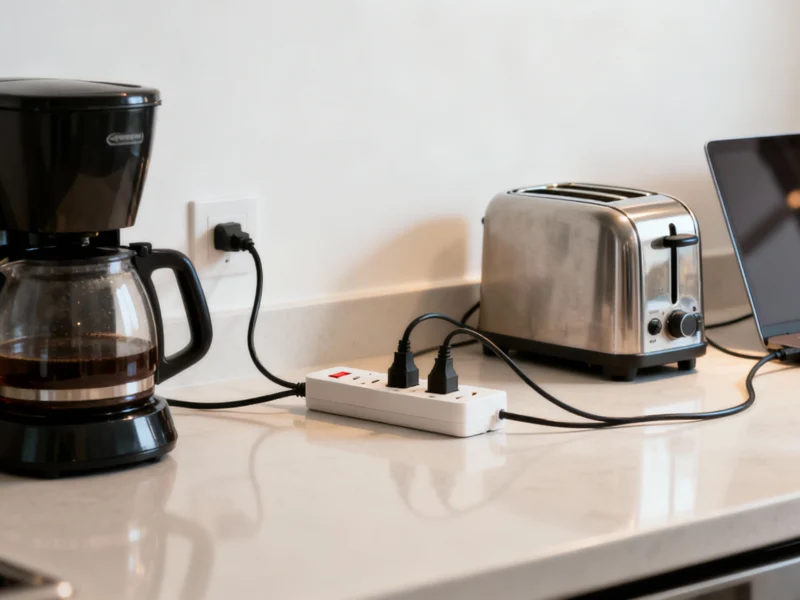TITLE: BlueOval Battery Plant Faces Wage Theft Allegations from Workers
Workers Allege Off-the-Clock Labor at BlueOval Battery Plant
Former employees at BlueOval SK’s Kentucky battery manufacturing facility have filed a lawsuit alleging the company failed to pay workers for actual time worked, instead compensating only for scheduled shifts. The legal action raises significant questions about wage practices in the growing electric vehicle battery industry.
Two former employees, Sean O’Brien and Randall Moore, have taken the lead in a class-action complaint against the joint venture between Ford and Korean manufacturer SK On. Their lawsuit claims violations of both the federal Fair Labor Standards Act and Kentucky Wage and Hour Laws.
Core Allegations in the Complaint
The legal filing centers on several key issues regarding worker compensation. According to the plaintiffs, BlueOval SK requires hourly employees to perform mandatory pre-shift work without providing overtime pay. This includes time spent putting on personal protective equipment and specialized sanitary footwear before shifts begin.
Additional concerns involve the physical layout of the massive manufacturing facility. Workers reportedly need up to 15 minutes to walk from facility entrances to their work stations. Once arriving at their assigned areas, employees must also complete machine preparation and other pre-shift tasks before their paid time officially begins.
The lawsuit further alleges that the company engages in timekeeping practices that disadvantage workers, including altering and rounding clock-in and clock-out times in ways that reduce compensated hours.
Broader Workplace Concerns
These wage allegations emerge alongside other reported workplace issues at the Glendale, Kentucky facility. Workers have reportedly raised concerns about various conditions including bat infestations, mold problems, fire safety, exposure to hazardous chemicals, and insufficient personal protective equipment.
The plant also recently underwent a closely contested unionization vote. Workers tentatively approved joining the United Auto Workers union by a narrow margin, though the results remain contested due to unresolved challenge ballots.
As this case develops, it highlights the importance of transparent timekeeping practices and proper compensation for all work performed. The original reporting on these allegations provides additional context about the evolving situation at the battery manufacturing facility.
Both plaintiffs, who recently left the company, are seeking a jury trial to address their claims. The case represents an important test of wage protection laws in the rapidly expanding electric vehicle supply chain industry.



